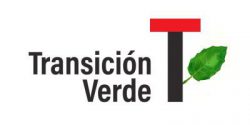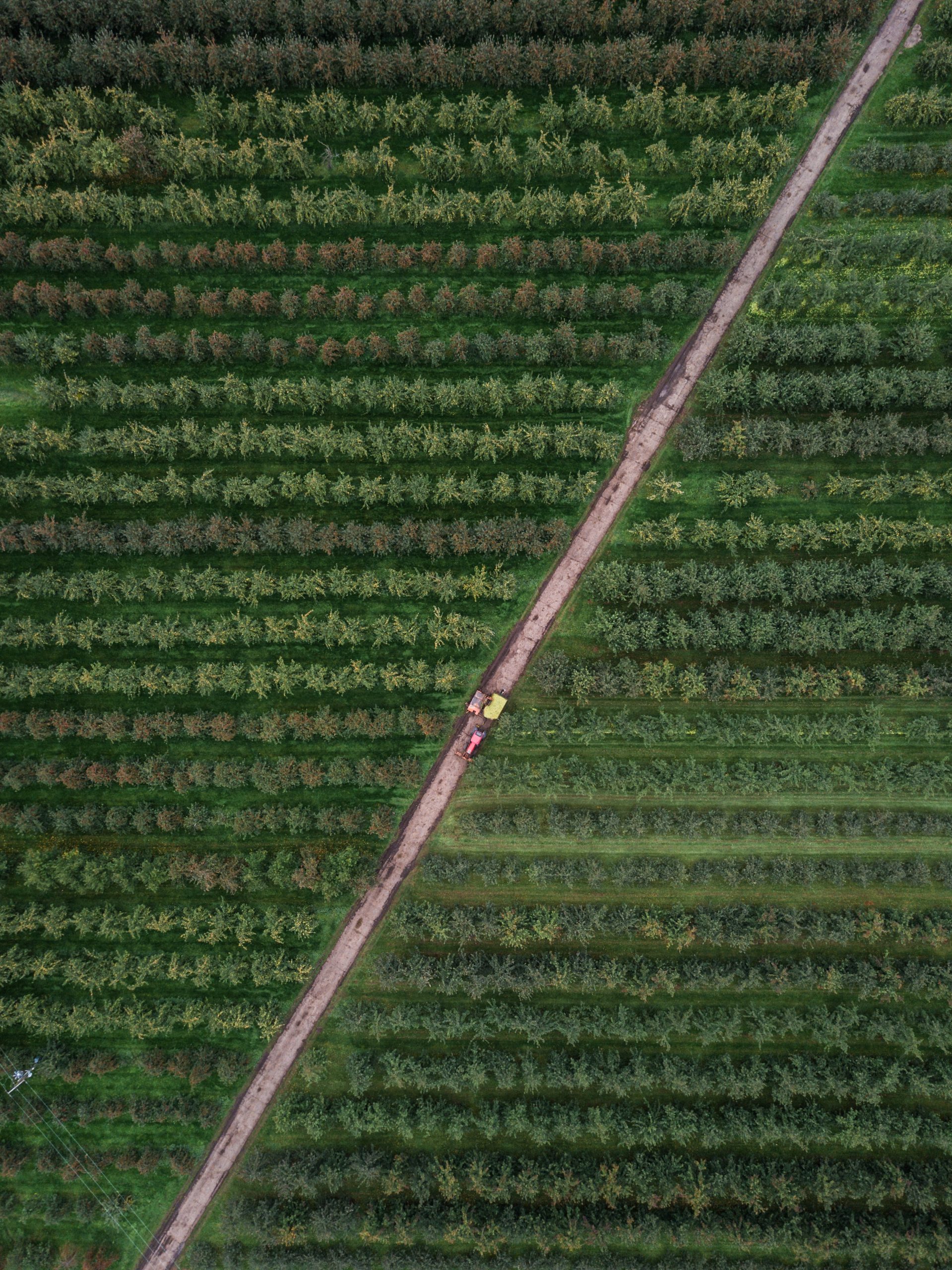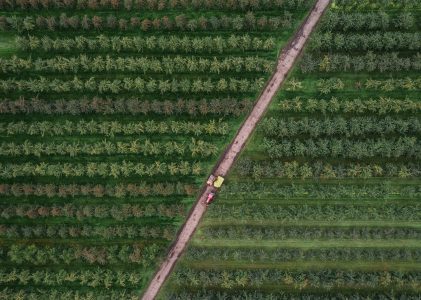How is food produced and how does it arrive on our table? What factors enter into play throughout its chain of production, distribution and consumption and what is the social and environmental impact of our current industrial food model?
This cycle addresses all these issues, as well as the agroecological alternatives to the present model.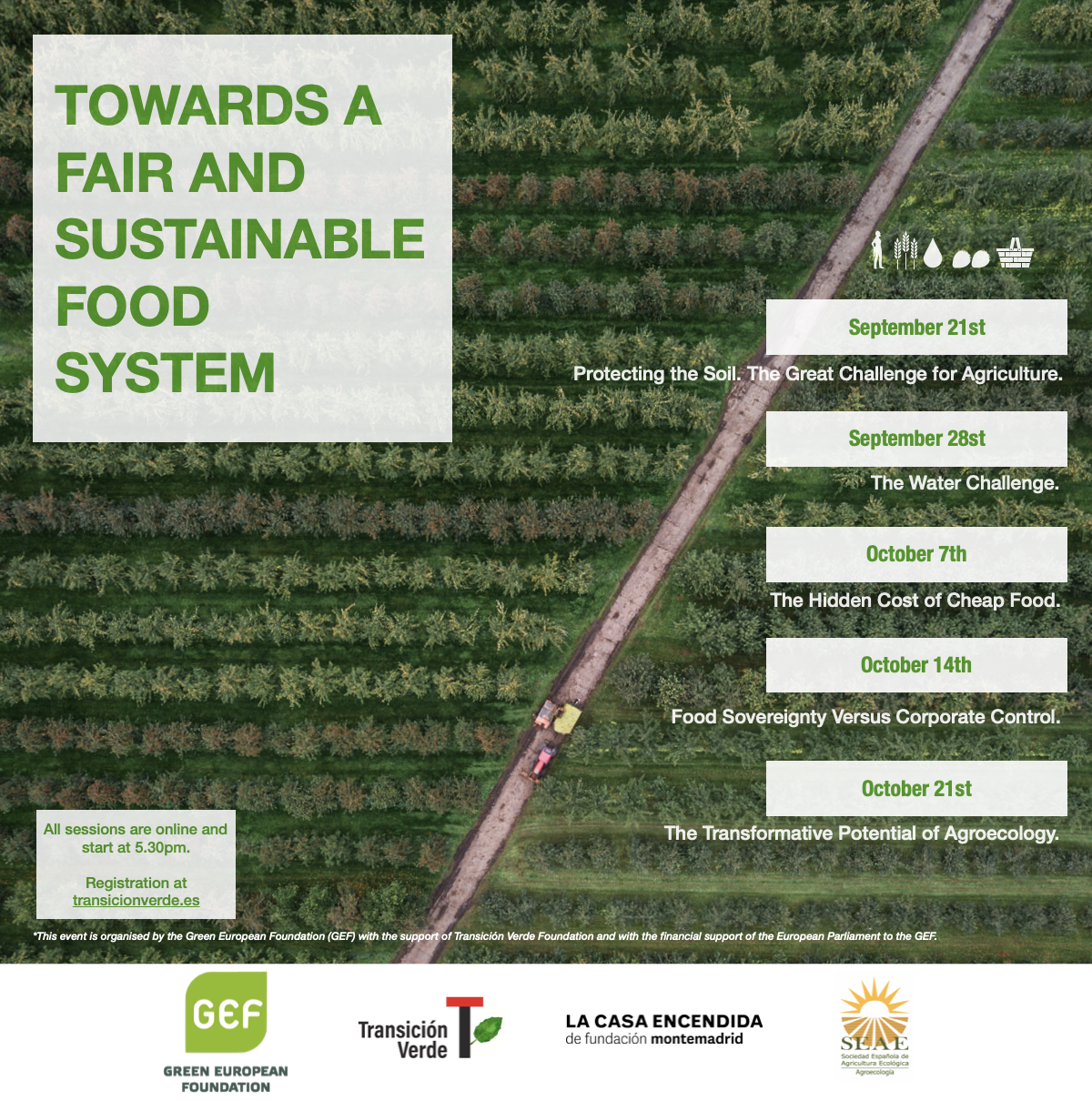 The great business of food is one of the main causes of climate change. Its impact is speeding up loss of biodiversity, soil erosion and water pollution; and it is putting public health and food safety at risk and enlarging the inequality gap.
The great business of food is one of the main causes of climate change. Its impact is speeding up loss of biodiversity, soil erosion and water pollution; and it is putting public health and food safety at risk and enlarging the inequality gap.
The goal of this cycle is to facilitate greater knowledge of the food system as a tool for social change. It is vital to understand the different processes involved and to exercise critical thinking, as players of the agro-food system, in order to become aware of the issues and then take action and demand changes to bring about an agroecological model that is socially fairer and more respectful towards nature.
These sessions have a European slant, but also a global dimension, given the global nature of the agro-food business and especially of its impact on the world. The Common Agricultural Policy is to be present in every session of the programme, which also aims at analysing the advances and the setbacks involved in the Policy’s reform in each of its relevant areas.
The cycle will take place on 21 and 28 September and 7, 14 and 21 October, from 17.30 to 19.00 hrs. It will comprise five panel discussions addressing key aspects of the currently dominant agro-food system.
Programme:
- Tuesday 21 September: Protecting the Soil: the Great Challenge of Agriculture.
- Tuesday 28 September: The Challenge of Water.
- Thursday 7 October: The Hidden Cost of Cheap Food.
- Thursday 14 October: Food Sovereignty versus Corporate Control.
- Thursday 21 October: The Transformation Potential of Agroecology.
Speakers in the cycle will include internationally prestigious figures in the field of food, human rights and animal rights, like Vandana Shiva, Sofía Monsalve and Olga Kikou; researchers and academics in the fields of soil and water, like Pilar Andrés, Ray Archuleta or Concha Fabeiro; Member of the European Parliament and co-president of the European Green Party, Thomas Waitz; Geneviève Savigny, a farmer and a member of the European Economic and Social Committee; representatives of environmental NGOs Andrés Muñoz (Friends of the Earth), Pedro García (ANSE [Association of Naturalists of the Southeast of Spain]) or Celsa Peiteado (WWF); investigative journalist Nazaret Castro (Carro de Combate); and ecological agriculture expert Aina Calafat (SEAE [Spanish Society of Ecological Agriculture and Agroecology]).
Organised by: the Green European Foundation (GEF), with the collaboration of the Fundación Transición Verde [Green Transition Foundation], La Casa Encendida and the Sociedad Española de Agricultura Ecológica y Agroecología [Spanish Society of Ecological Agriculture and Agroecology] (SEAE).
The event is online, open and free of charge after registration through this form. The event will take place in the Zoom room. Following registration, and before each session, attendees will be sent a confirmation email with details regarding access to the meeting.
*Spanish-English simultaneous interpreting services will be available in all sessions.
Programme
21 September. 5.30pm CEST
Protecting the Soil: the Great Challenge of Agriculture
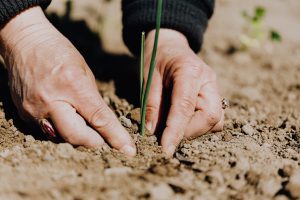 This is the first session of the cycle Towards a Fair and Sustainable Food Model for Europe, where an attempt will be made to get to know and understand the workings of the universe that lies beneath our feet: how it is being affected by industrial agriculture and how we are still in time to regenerate the soil so that it is once again a living space that is able to sustain life.
This is the first session of the cycle Towards a Fair and Sustainable Food Model for Europe, where an attempt will be made to get to know and understand the workings of the universe that lies beneath our feet: how it is being affected by industrial agriculture and how we are still in time to regenerate the soil so that it is once again a living space that is able to sustain life.
Few people have stopped to think about the enormous biodiversity that lies in the soil and how it is directly involved in the environmental services the soil renders us. The soil is the great ‘forgotten one’ when we talk about the environmental crisis; and yet, it is vital for the feeding of humanity. But not only that; the soil is an immense carbon warehouse, and our ally in the fight against climate change.
Industrial agriculture is degrading our soils, contributing to desertification and putting food safety in serious jeopardy. Regenerative agriculture seeks to favour the natural cycles of crops and harvests and help the soil recover.
Speakers:
- Pilar Andrés is a biologist and a doctor in soil ecology. She is a researcher at the Centro de Investigación Ecológica y Aplicaciones Forestales [Centre for Ecological Research and Forestry Applications] (CREAF). For thirty years she has worked in diagnosis and restoration of soils degraded by human action. She has participated in the EU’s Atlas of Soil Biodiversity (2016) and the FAO report on the status of soil biodiversity at world level (2020).
- Ray Archuleta is a soil, water quality and regenerative agriculture specialist. For thirty years he worked for the US Natural Resources Conservation Service (NRCS). Following his retirement from the NRCS in 2017 he continues to share his experience in soil restoration and offers practical capacitation in ecosystemic soil functions. In 2020 he took part in the Netflix documentary Kiss the Ground.
- Andrzej Nowakowski is an advisor in Agriculture and Rural Development for the European Green Party, and is currently involved in the completion of the 2021 CAP Reform at the European Parliament. For twenty years he has worked in sustainable agricultural policies and the implementation of agricultural models that protect biodiversity. He is a volunteer on the ARC2020 and PAN EU consultative councils.
- Andrés Gómez is a technical agricultural engineer specialising in agroecology. He is certified as a Holistic Management Educator by the Savory Institute and a member of the aleJAB management board. He is part of Granja Zael, a young project devoted to regenerative animal husbandry and 100% grass-fed beef production in Zael (Burgos).
Moderator: Dolores Raigón, doctor in agronomic engineering, professor of Edaphology and Agricultural Chemistry, professor at the Escuela Técnica Superior de Ingeniería Agronómica y del Medio Natural [Higher Technical School of Agronomic Engineering and the Natural Environment] (ETSIAMN) and vice president of the Sociedad Española de Agricultura Ecológica y Agroecología [Spanish Society of Ecological Agriculture and Agroecology] (SEAE).
28 september. 5.30pm CEST
The Challenge of Water 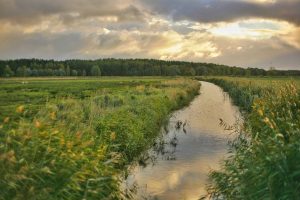
This debate will address the repercussions of the water crisis on food systems, the impact of agriculture on water resources, the implications of the Common Agricultural Policy (CAP) reform and what agroecology can do to protect and manage these resources. As an example of environmental impact on the ecosystems of water the case of the Mar Menor will be presented and examined.
Speakers:
- Pedro García, director of the Asociación de Naturalistas del Sureste [Association of Naturalists of the Southeast of Spain] (ANSE). For over twenty years he has worked as an environmental technician in the local Administration and has coordinated numerous campaigns for the defence and conservation of nature.
- Celsa Peiteado, an agronomous engineer who graduated from the Polytechnic University of Madrid, is in charge of the Food Programme at WWF Spain and coordinates activities related to policies for an agroecological transition towards Sustainable and Resilient Food Systems.
- Concha Fabeiro is the president of the Sociedad Española de Agricultura Ecológica y Agroecología [Spanish Society of Ecological Agriculture and Agroecology] (SEAE). She is a doctor in Agronomous Engineering and a professor at the Vegetal Production Department of the Escuela Técnica Superior de Ingenieros Agrónomos y de Montes of the Universidad de Castilla-La Mancha [Higher Technical School of Agronomous and Forestry Engineers, Castile-La Mancha University] (ETSIAM – UCLM).
Moderator: Julia Martínez, doctor in Biology. She is the technical director of the Fundación Nueva Cultura del Agua [New Culture of Water Foundation], where she coordinates scientific and technical activities. As a researcher she has published over 150 papers on water modelling and management.
7 october. 5.30pm CEST
The Hidden Cost of Cheap Food 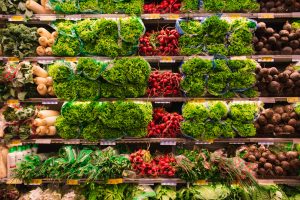
The production of cheap food has a profound impact on the environment, society and our health. This session will address the monoculture of soya for cattle fodder, industrial aquaculture and animal suffering as a result of this mode of production.
Speakers:
- Olga Kikou is the director of Compassion in World Farming EU, an organisation devoted to improving farm animal welfare, ending industrial cattle raising and achieving sustainable food production and agriculture.
- Nazaret Castro is a journalist, a doctor in Social Sciences and the cofounder of Carro de Combate. She is the coauthor of the books Los monocultivos que conquistaron el mundo [Monocultures that Conquered the World] (2019), Carro de Combate. Consumir es un acto político [Combat Car. Consumption is a Political Act] (2014) and Amarga dulzura. Una historia sobre los orígenes del azúcar [Bitter Sweet. A History of the Origins of Sugar] (2013).
- Natasha Hurley is campaign director at Changing Markets, where she currently leads a campaign to eradicate the use of wild fish in aquaculture. At her former position at the IEA, she was in charge of the campaign for discontinuing the use of hydrofluorocarbons (HFCs) at world level.
- Thomas Waitz is the co-president of the European Green Party and a European Member of Parliament for the Greens/EFA. His work focuses on sustainable agriculture, regional production and healthy food, the Common Agricultural Policy and the reform of the European directive on animal transport.
Moderator: Lidia Ucher, a journalist in the field of social communication within the sphere of international cooperation and the Third Sector of Social Action.
14 october. 5.30pm CEST
Food Sovereignty versus Corporate Control
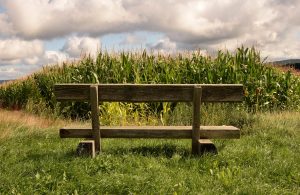 Our current food model is clearly inefficient, irrational and unsustainable, dominated as it is by big corporations who see food as a speculative product and a source of financial profit. This session will take a deep dive into the network of interests that are endangering food sovereignty and safety.
Our current food model is clearly inefficient, irrational and unsustainable, dominated as it is by big corporations who see food as a speculative product and a source of financial profit. This session will take a deep dive into the network of interests that are endangering food sovereignty and safety.
Speakers:
- Vandana Shiva, born in India in 1952, is one of the most prestigious and influential women in ecology and ecofeminism. A doctor in Physics, a philosopher and a writer, she has penned numerous articles and books, including Who Really Feeds the World?, Biopiracy: the Plunder of Nature and Knowledge, Globalisation’s New Wars and Stolen Harvest.
- Sofía Monsalve is the secretary general of FIAN International, a human rights organisation engaged in working for the right to food and nutrition. She formerly coordinated the FIAN earth and natural resources programme for more than fifteen years. She is also a member of the International Panel of Experts on Sustainable Food Systems (IPES-Food).
- Geneviève Savigny is a member of the European Economic and Social Committee on behalf of her trade union of French farmers, the Confédération Paysanne, of which she was the national secretary general. For years she has taken part in the activities of the European Coordination Via Campesina, including eight years as a member of the organisation’s Coordination Committee, working on food and agricultural policies.
Moderator: Carolina García, a member of the board of trustees of the Fundación Transición Verde [Green Transition Foundation]. A journalist and politologist, specialising in international relations and cooperation. She has worked in Senegal and Palestine and is currently the coordinator for communications at the ActionAid Solidarity Alliance.
21 october. 5.30pm CEST
The Transformation Potential of Agroecology
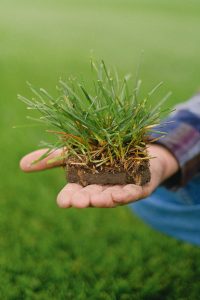 This session focuses on agroecology as an alternative to the current industrial food model. An approach aimed at looking at the world in a more sustainable and fairer way; a model for feeding humanity in a healthier manner, that respects the environment and cares for people, both producers and consumers. It will provide a positive, hopeful ending to the present cycle of meetings.
This session focuses on agroecology as an alternative to the current industrial food model. An approach aimed at looking at the world in a more sustainable and fairer way; a model for feeding humanity in a healthier manner, that respects the environment and cares for people, both producers and consumers. It will provide a positive, hopeful ending to the present cycle of meetings.
Speakers:
- Andrés Muñoz is in charge of Food Sovereignty at Friends of the Earth. For ten years he has worked as a specialist in Education in Human Rights and Children’s Rights in liaison with Spanish education centres.
- Aina Calafat is in charge of international projects at the Sociedad Española de Agricultura Ecológica y Agroecología [Spanish Society of Ecological Agriculture and Agroecology] (SEAE). A biologist and agricultural ecologist, for almost twenty years she worked as technical director at the Consell Balear de la Producció Agrària Ecològica [Balearic Council for Ecological Agrarian Production].
- Margarita Hernández is a technician at the Instituto Canario de Calidad Agroalimentaria [Canary Islands Institute for Agricultural Food Quality] (ICCA) and the coordinator of the Ecocomedores [Ecoeaters] programme.
- Raquel Ramírez represents El Colletero, an association created in Nalda (La Rioja) in 2000 with the aim of achieving sustainable development and equality in the village of Nalda while at the same time satisfying the needs of the population in that rural territory.
Moderator: Helena Cifre is a lawyer specialising in Environmental Law and an advanced technician in Natural Resources Management. She is the technical coordinator of the Sociedad Española de Agricultura Ecológica y Agroecología [Spanish Society of Ecological Agriculture and Agroecology] (SEAE). Helena Cifre is an ecofeminist and an expert in responsible consumption.
Organised by: the Green European Foundation (GEF), with the collaboration of the Fundación Transición Verde [Green Transition Foundation], La Casa Encendida and the Sociedad Española de Agricultura Ecológica y Agroecología [Spanish Society of Ecological Agriculture and Agroecology] (SEAE).
The events will take place in the Zoom room. Following registration, and before each session, attendees will be sent a confirmation email with details regarding access to the meeting.
*Spanish-English simultaneous interpreting will be available during the session.
